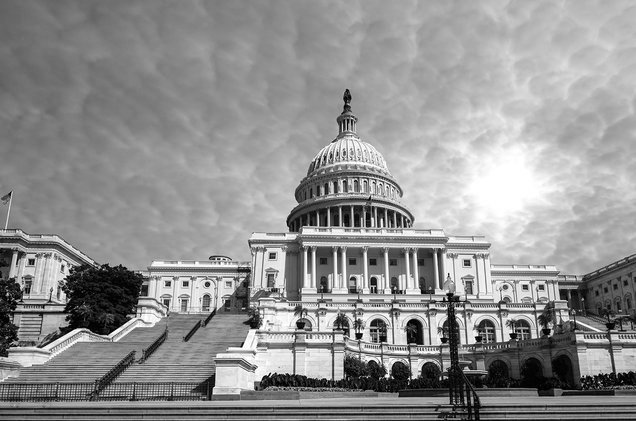After further negotiations between songwriter groups and music publishers, songwriters may have a bigger role in participating in how an agency created to expedite a proposed blanket mechanical license will conduct business. That is, if the Music Modernization Act is passed.
What the law ultimately says is up to members of the House and Senate, who will write the legislation and the subsequent regulations, but in the meantime, negotiations between the Songwriters Guild of America, Nashville Songwriters Association International, and Songwriters of North America and the National Music Publisher’s Association have resulted in a proposal that allows songwriters and composers to have four seats on the 10-seat board of directors, instead of the initially allotted two seats; while the unclaimed royalties oversight committee will now be evenly divided between publishers and songwriters. It also has resulted in additional clarifications to how payouts from unclaimed funds are distributed.
“We were pleased to work with NSAI, SONA and SGA on proposed improvements which give songwriters and independent publishers even more representation in the Music Modernization Act,” NMPA president and CEO David Israelite said in a statement. “The suggested changes were the result of significant input from all of the organizations involved in this process, and in particular the songwriting organizations, and I thank them for coming to the table to make a good bill even better.”
While the first two songwriter groups, the NSAI and SONA, had already come out in favor of the proposed legislation, the Songwriters Guild Of America initially withheld endorsing the legislation, saying it had some reservations about elements of it. But now SGA president Rick Carnes says his group is on board.
As part of the proposed changes, Carnes says that exclusionary clauses in older songwriter/publishers contracts sometimes prevent songwriters from collecting royalties because that clause allows publishers to take the stance that they don’t have to share the money with songwriters if it comes in unattributed to a song. “We tried to clarify that language so songwriters can get their fair share,” Carnes says.
In another move, as part of the negotiations with songwriters, the publishing community has “pledged to lend its full support on Capitol Hill to secure quick passage” of the pending Copyright Alternative In Small-Claims Enforcement (CASE) Act of 2017, which will provide music creators with an alternative to a full blown copyright infringement actions against unlicensed users of music.
Besides the SGA, an even more powerful music industry group, the National Association of Broadcasters, also withheld initially endorsing the proposed legislation because it would repeal section 111(i) of the Copyright Act, which says that rates paid to record labels for sound recordings should not be used as a consideration in setting rates for the public performance of musical works. But further negotiations between the NAB, ASCAP and BMI have limited the extent of that elimination so that it doesn’t apply to terrestrial radio.
The music industry has long sought public performance royalties for sound recordings and NAB has long opposed paying any money to artists and labels for using that music and so far the NAB has won every time the industry has tried to change the status quo. If that stipulation had been included in the Music Modernization Act, most believe that the powerful radio lobby could stop the bill from becoming law. But that issue has been sidestepped by not including any talk about terrestrial radio paying public performance royalties; and instead using negotiations with all components of the industry to come up with compromise legislation that tries to give all parties something they want.
To the digital services sector, the proposed legislation would make licensing easy with a blanket mechanical license and thus eliminate most of the danger of copyright infringement and potentially expensive lawsuits because they are either unable or unequipped to find the correct copyright owners and properly license each song they play. For publishers and songwriters it would allow them to receive proper compensation each time their music plays; and potentially higher rates with some changes to the standards used to set rates. For ASCAP and BMI, they would receive a rotating judge set-up instead of having the same jurist — Louis Stantonfor BMI and Denise Cote for ASCAP — preside over each rate determination case.
Originally posted on BILLBOARD.COM


